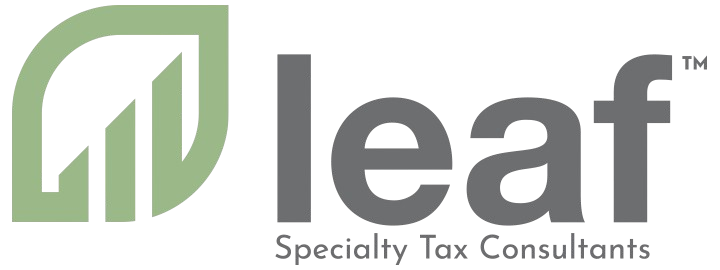Streamline Your Finances With
Expert Bookkeeping Services
- Take Control of your Financials and your Tax Planning!
- Work with Experts in the field with accounting backgrounds to ensure you maximize your benefits!
- Unlock personalized guidance to optimize your financial strategy!

Expert Reporting That Gives You
Peace of Mind

CERTIFIED EXPERTS
Keep your books flawless
Make smarter decisions with books tailored to your business. We work closely with you to fully understand your business, providing the insights you need to run your business more efficiently

FINANCIAL PARTNER
Scale with confidence
Choose a partner committed to your long-term success. LEAF services are customized to meet your unique needs, with the flexibility to grow alongside you—whether you’re a small startup or a thriving company.
FUTURE-READY
Build a worry-free future
Lay a strong financial foundation that grows with you. With our expert support, you’ll stay compliant, keep your records accurate as your business scales, and exceed expectations.
SAVE TIME
Streamline your communication
Forget endless email threads and enjoy clear, organized interactions with your bookkeeper. Our team ensures quick responses to your questions and delivers valuable insights, saving you time and hassle.
How it Works
Personalized onboarding
Our dedicated team dives into your business and integrates with your financial data sources, providing a personalized approach to your bookkeeping and laying the groundwork for accurate recordsSeamless Communication
Directly connect with our team, where you can ask questions and offer feedback on any pending items needed to wrap up your books each month.Precise Reporting
Get monthly P&L, Balance Sheet, and Cash Flow reports that give you a clear view of your company’s financial health, empowering you to make smart decisions.Trust your business with the right team.
Finding the right bookkeeper is crucial for your business’s financial health and compliance. At LEAF, we provide customized bookkeeping services to meet the needs of businesses of all sizes and industries. Our certified team stays up-to-date with the latest standards as proud members of top professional associations. We value transparency, and we invite you to speak with our clients to learn more about our trusted services firsthand.
Your Complete Accounting Partner
R&D Tax Credit
The R&D tax credit could save your business up to $500,000 a year. We handle the whole claiming process so you can skip the paperwork and get back to business. Learn More →Tax
Get your tax prep and bookkeeping handled seamlessly, together. We file your business income taxes, including 1099 filings, and local and federal tax returns – so that you’re compliant with the IRS. Learn More →CFO Services
Need advanced finance support? We have your back. Get the expert CFO support for your business needs, from building budgets to fundraising preparation. Learn More →

